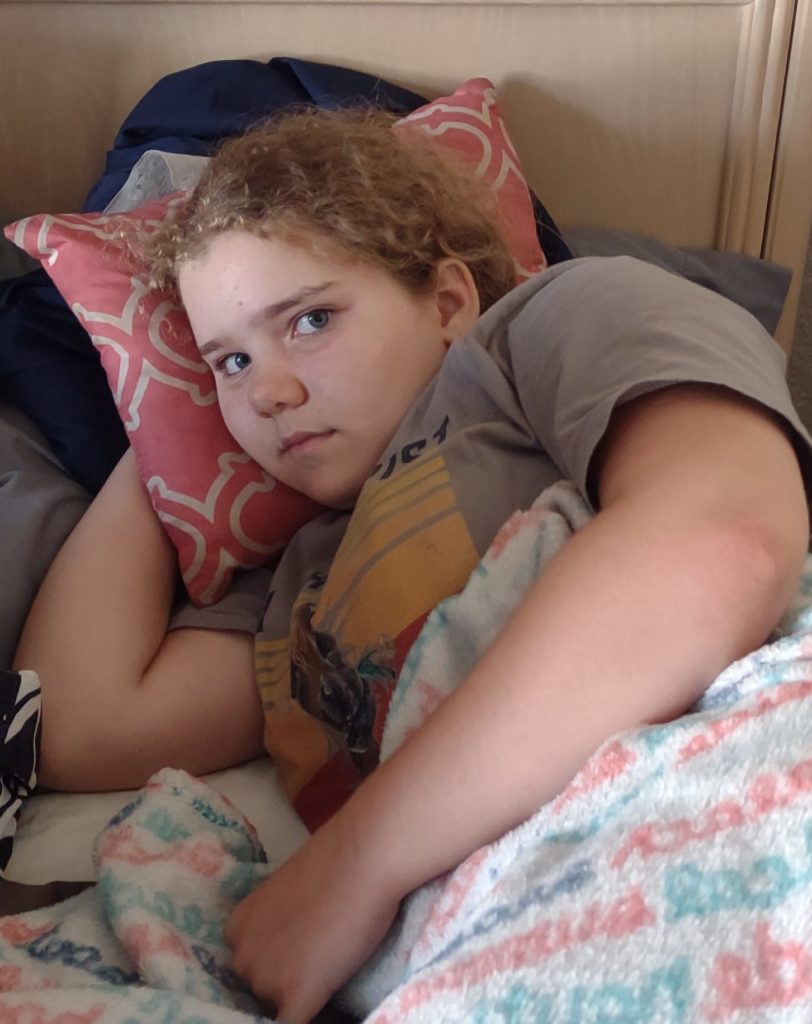Six Steps For Better Sleep to Improve Your Health

In a previous post, Journey to Health, I stated that there is much more to being healthy than diet. So what are those things that lead to health? Well, one very important item important to health is sleep. Getting better sleep can improve your health. Many biological processes occur while you are sleeping. Hormones are released and inhibited, cells are repaired, and energies are restored. Sleep affects growth hormones, our immune system, appetite, breathing, blood pressure, and cardiovascular health.
More Sleep, better sleep. I know that I do not function well when I don’t sleep well. I become cranky and moody. Aside from lack of mental clarity and lack of focus, insufficient sleep has some serious negative health effects including elevated blood sugars, inflammation, weakened immunity, and higher blood pressure.
I find that I compensate for lack of sleep by overconsuming caffeine and eating more carbs and sugars, compounding the negative health effects. Most adults need 7 to 8 hours of sleep each night. It is not just the amount of time you sleep each night that matters, but also your quality of sleep. Incorporating sleep hygiene is an important part of any health journey and I know that improving my sleep can improve my health.
Six easy steps that can be taken to improve sleep quality include:
Establish a Set Sleep Schedule
Have a set sleep/wake schedule. Plan to go to sleep and wake up around the same time- even on the weekends. It is very tempting to sleep longer on the weekends, but it really isn’t a good idea. Sticking to your normal sleep-wake pattern is best.
Limit Caffeine (and other stimulants).
- Caffeine is a stimulant that can keep you wake and cause poor sleep quality. Aviod caffeine four to six hours before bedtime. Caffeine can be found in numerous products including soft drinks, coffee, tea and chocolate. Some other stimulants you will want to avoid for better sleep quality are alcohol and nicotine. Alcohol is a depressant that may help you fall asleep, but can cause restless sleep. It acts as a stimulant later in the night. Best practice is to limit to one or two drinks during the day and keep it at least three hours from bedtime.
Create a Sleepy Environment.
Keep your room cool, between 60 to 67 degrees. Cooling sheets, pillows, and mattresses are also an option for keeping you cool for bedtime. Make your room dark. Eliminate light by utilizing black-out curtains or wearing a sleep mask. Cover or dim lights from electronics (the small light on your charger or tv, your alarm clock, your phone). Eliminate outside noise. Use a white noise machine, earplugs, or fans to block outside noises.
Turn Off Electronics.
Light from phones, laptops, televisions, and tablets can trick the brain into thinking it is daylight and not time to sleep. The blue light inhibits the production of melatonin. Melatonin is a hormone that controls your sleep/wake cycle. Turn off electronics at least an hour before bed or if you can’t get by without your electronic fix at bedtime wear glasses that help block blue light.
Devise a Bedtime Routine.
As bedtime arrives close the curtains, turn down the lights, and engage in calming activities. Activities such as taking a warm bath, reading, meditating, and journaling allow your mind and body to wind down before bed. Establishing and following a routine tells your body that it is time for sleep. Also, take care to avoid activities that will cause stimulation or stress before bedtime. Watching the news, having heated conversations, or exercising before bed is examples of things to avoid prior to bedtime.
Get Outside During the Day.
Exposing our bodies to natural light is another way to help our sleep/ wake cycle called our circadian rhythm, our body’s internal clock. Just like a newborn can get its nights and days confused, our bodies get confused with our artificial lighting. Not only is the natural light helpful, but physical activity helps in resting at night.
Great Resources:
- Dr. Sarah Ballantine’s The Paleo Mom: Search Results For Sleep
- American Academy of Sleep Medicine: Healthy Sleep Habits
- Division of Sleep Medicine at Harvard: Twelve Simple Steps To Improve Your Sleep
- National Institutes of Health: The Benefits of Slumber Why You Need A Good Night’s Sleep
- Sleep Foundation: Why Do We Need Sleep?
- Healthline: 10 Reasons To Get More Sleep
Check out some of my other health-related blog posts:
Leave a Reply